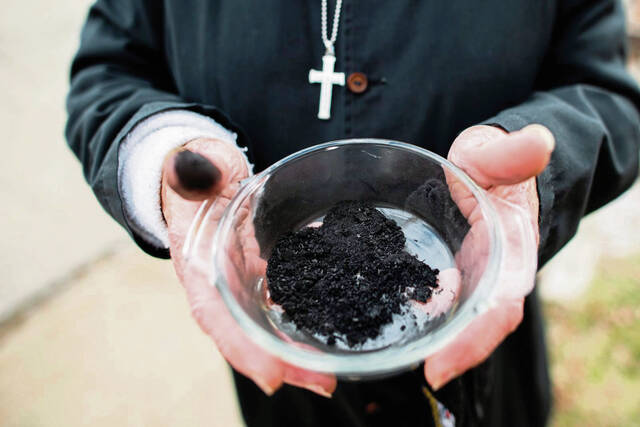Mandatory water conservation could begin as early as next week for customers in the northern half of the Municipal Authority of Westmoreland County’s service area as water levels at the Beaver Run Reservoir continue to fall amid a dry autumn season.
Authority manager Michael Kukura said more than 56,000 customers who live north of Route 30 are being asked to voluntarily reduce water use. Mandatory restrictions could follow in about 10 days if trends continue.
“We’ll ask people stop all nonessential uses of water, such as at golf courses, watering lawns, car washes. Anything other than regular household uses,” Kukura said.
The authority serves more than 122,000 water customers in Westmoreland, Allegheny, Armstrong, Fayette and Indiana counties.
MAWC pulls 21.5 million gallons of water each day from the Beaver Run Reservoir in Bell, which serves as the authority’s primary source of drinking water for the northern half of the system’s service area.
Customers of the Monroeville and Plum municipal authorities in Allegheny County and the Parks and Gilpin township municipal authorities in Armstrong County — which each purchase water from MAWC — are included in conservation measures.
MAWC customers who live south of Route 30 are served by the authority’s treatment plant near Connellsville with water taken from the Youghiogheny River. Those customers are not impacted by the conservation plan, Kukura said.
In addition to voluntary conservation, the authority said it will implement operational changes to reallocate a portion of the system’s water supply taken from the Yough to compensate for the falling levels at Beaver Run. That change, along with voluntary conservation and potential rain in the forecast, could forestall the implementation of mandatory restrictions, Kukura said.
MAWC has asked the state to reduce a requirement to release another 6.5 million gallons from the reservoir into nearby streams.
Water levels at the Beaver Run Reservoir are down by more than 13 inches this year as a result of the mild 2022-2023 winter. A dry autumn has brought a 3-inch deficit of rainfall compared to what the region received last November.
A dip in the water level at the reservoir automatically triggers the authority’s drought contingency plan with voluntary and mandatory restrictions.
“It’s smart to cut back a little now and that will hopefully decrease the length of any necessary conservation measures,” said MAWC board chairman Randy Roadman.
Federal officials have not designated Westmoreland County as a drought area but rain gauges, groundwater and surface water measurements at the 22,000-acre Beaver Run watershed revealed deficits in the seven streams that feed the reservoir.








